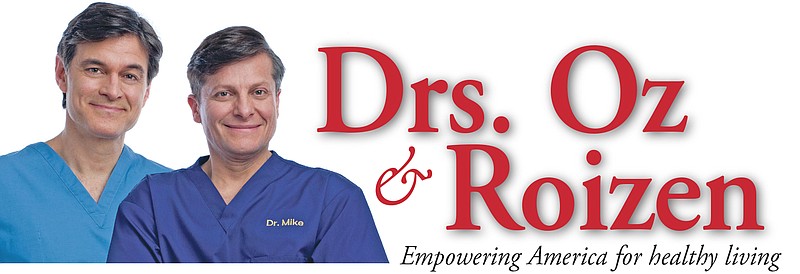If you see an ad for the Raspberry Ketone Diet with a picture of Adele in it, you might think, "Well, she did slim down and she's a straight shooter, so it must be safe and effective."
Think again. She never gave permission to that company to use her name and image in a sales pitch for the supplement. Plus, there are no legit studies showing raspberry ketones promote weight loss in humans! Unfortunately, that's just one example of the many online scams that falsely associate celebs with dubious health and wellness products.
In a new study published in Future Cardiology, Dr. Oz joined forces with colleagues from Johns Hopkins, Mayo Clinic, Cook County Hospital in Chicago and Dow University of Health Sciences in Karachi, Pakistan, to expose the need for tough pushback against this shady practice that endangers consumers' health. To help you figure out how to spot these fake celeb endorsements, the researchers explain four warning signs:
1. Avoid products with ads that say "as seen on" or "as aired during" any TV show.
2. Steer clear of ads showing the product next to the celeb - it's a clue the image of the celeb has been dropped in! In most real endorsements, the celeb will be interacting with the product.
3. Look at the packaging. Poor quality presentation and misspellings are tells.
4. If the product claims to be or to have been advertised on a news site, check the url. For instance, the site for Forbes should be forbes.com, not phorbes.com.
Mehmet Oz, M.D. is host of "The Dr. Oz Show," and Mike Roizen, M.D. is Chief Wellness Officer and Chair of Wellness Institute at Cleveland Clinic. To live your healthiest, tune into "The Dr. Oz Show" or visit sharecare.com.
(c) 2019 Michael Roizen, M.D. and Mehmet Oz, M.D.

